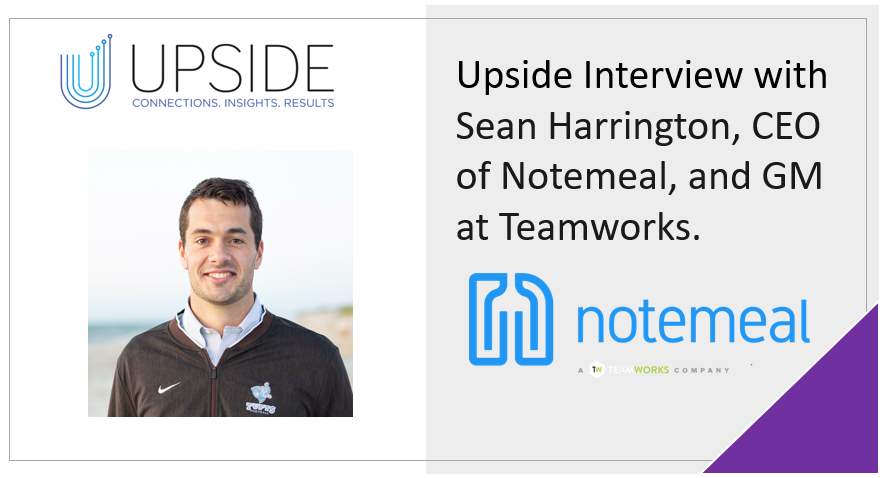This week we had the honor to interview Sean Harrington, CEO of Notemeal, a leading online platform for nutritionists and dietitians. Notemeal currently has 215 nutritionists and 10,000+ athletes on its platform and works with 50 pro teams (NFL, NBA, NHL, NCAA, Olympic teams..). The company was recently acquired by…
Share This Story, Choose Your Platform!
Total reviews
Persons recommended this product
Anonymous
Shopper
check_circle Verified
Shop owner replied
Anonymous
Shopper
check_circle Verified
Shop owner replied
Thanks for your review!
Your feedback helps us improve our service.
There are no reviews yet.
Be the first to review “ ”
Please log in to submit a review.
Don't have an account? Register here .
Only logged in customers who have purchased this product may leave a review



